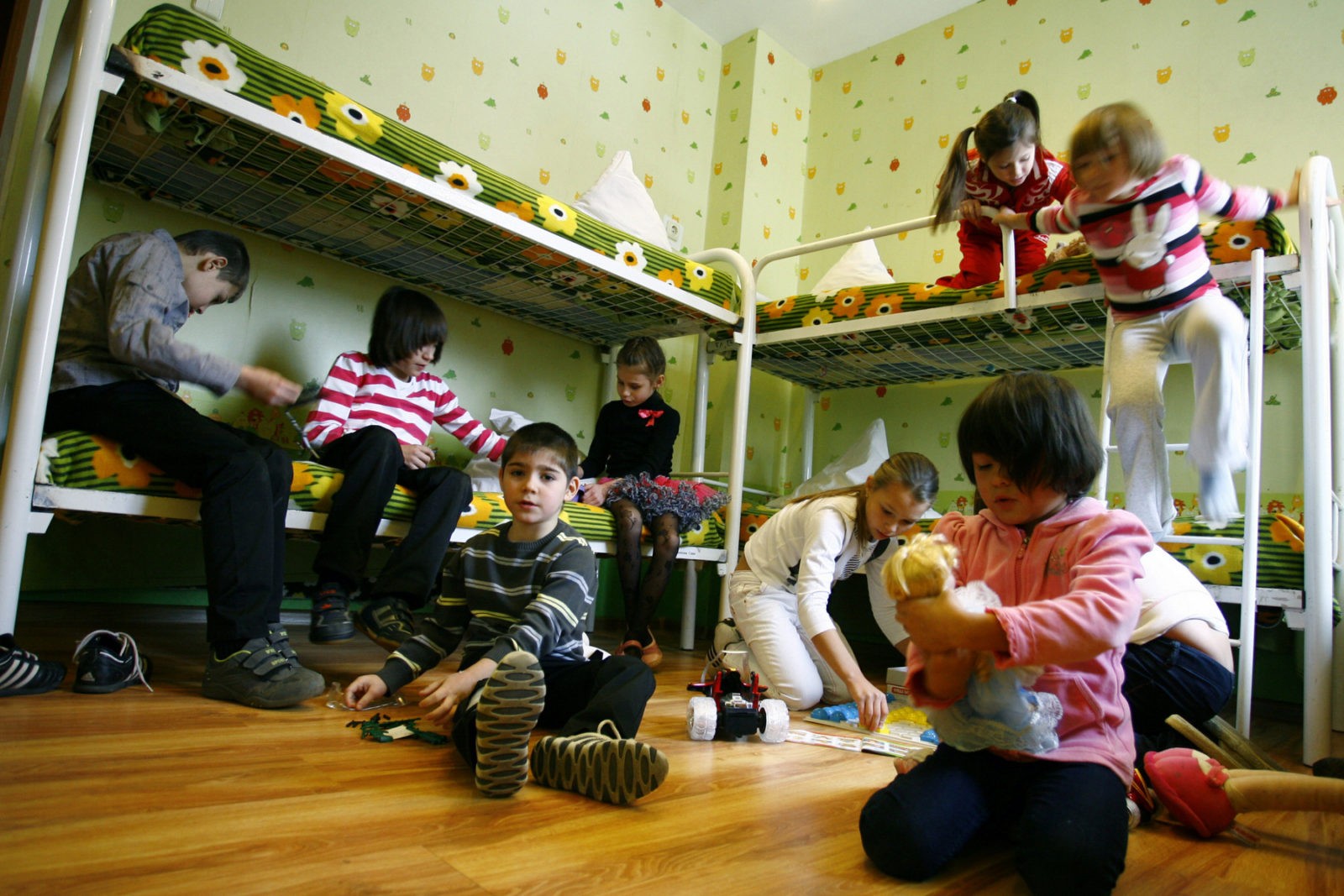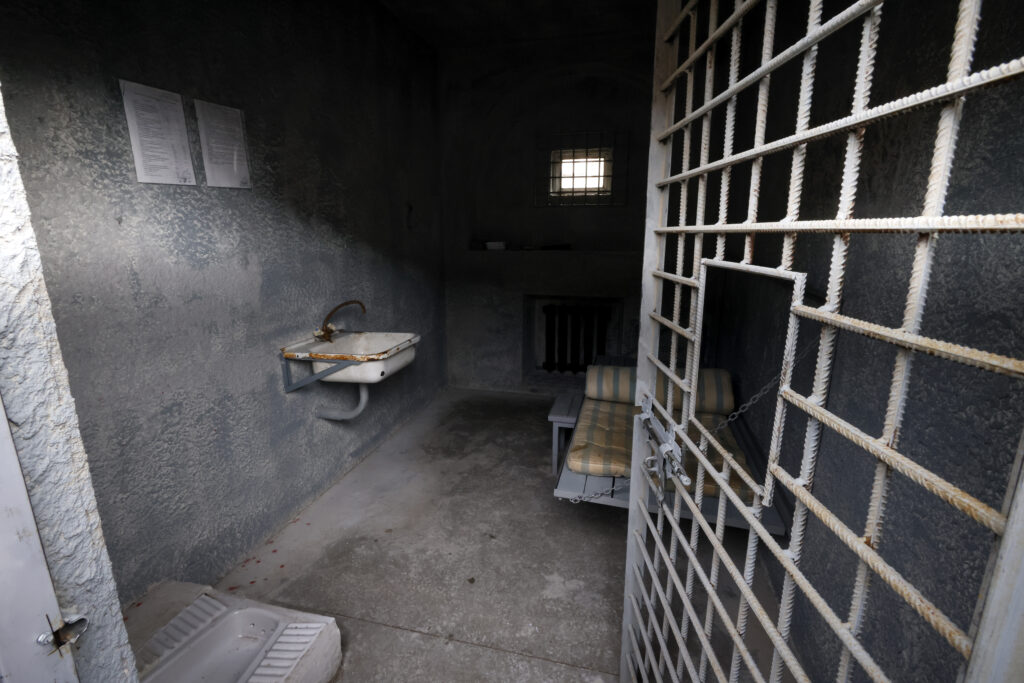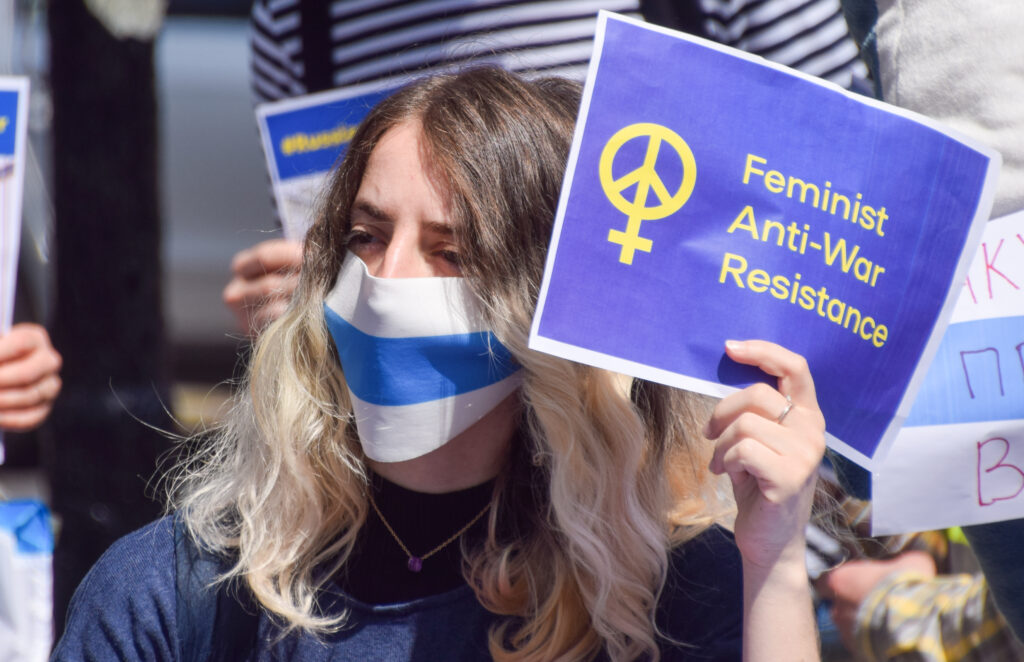Reports of child rape at a Russian orphanage sparked a public outcry earlier this year. One consolation is that these tragic instances of sexual assault have at least helped put the spotlight onto a systemic problem.
Minors living in Russia’s correctional facilities or orphanages often face ill-treatment for «educational purposes.» Employees there are almost always given the benefit of the doubt. Punishments can be draconian, disproportionate and traumatic.
The orphans themselves are often subject to bullying from their peers. Too little is in place to stop this. The hierarchy between orphans is much like those that emerge in prison. As with the penitentiary system, those who have been there longer rule the roost. This results in hazing (as in the army) and, consequently, violence against younger children.
Acts of violence may also involve parents. They visit children’s homes as an excuse «to get to know their children better.» These interactions are not monitored properly. Crimes committed by this category of adults mostly occur outside residential care facilities.
According to the Investigative Committee of the Russian Federation, one of the main reasons and preconditions for criminal behaviour is the unethical practices of the body responsible. Namely, the Department of Children and Youth Affairs of the Ministry of the Interior. The investigative committee also flags up problematic practices at the prosecutor’s office and other public institutions.
Lack of transparency
From our point of view, the closed and bureaucratic nature of residential care facilities for children is the main root of the problem. The lack of public accountability helps problems spread.
The Federal Law ‘On the Fundamentals of Public Accountability in the Russian Federation’ came into force on July 21, 2014. That law provides theoretical safeguards. Under this law, the relevant government offices are subject to public oversight. But those tasked with inspecting are usually loyalists and former officials. Their main task is to maintain the positive reputation of public institutions. It has not been to detect violations or solve problems.
Independent civil and social activists may theoretically resort to public inspections. They can set up groups for public oversight. But, the Federal Law of 2014 provides a few caveats here that make it difficult. The real stumbling block comes in Article 15. Public oversight here is possible only ‘in cooperation with public authorities, organisations and municipalities competent to exercise public oversight (supervision) or municipal control over the activities of facilities and (or) organisations subjected to public oversight’.
Stranger still: The Ministry of Justice of the Russian Federation admits a lack of regulation or public accountability of residential care facilities. Independent expertise and monitoring seems, under current laws, unwelcome.
In 2011, then-President Dmitry Medvedev submitted a bill to the State Duma. In name and form it sought to address the issues mentioned above. It provided for the establishment of a new institution for such oversight. It proposed a Federal Public Supervisory Committee. It sought to involve regional Public Monitoring Commissions, made up of NGOs. Specialists in pedagogy, psychology and conflict studies could also be involved.
The bill received positive feedback. It won approval from more than 140 regional legislative assemblies. Deputies of the State Duma supported the bill in the first reading in March 2012. Yet the second reading, scheduled for June 2012, never came. Following the return of Vladimir Putin as the head of state, the government’s focus shifted. Its law on NGOs and foreign agents passed in July; ‘Dima Yakovlev’s Law’ was passed in December. The latter measure banned the adoption of Russian children by American citizens. Meanwhile the bill on public oversight of residential care facilities lies discarded.
In 2017, the Russian Presidential Council on Human Rights and Civil Society Development entered the fray. The Council introduced a draft amendment to the Federal Law on Public Oversight. The authors proposed 4 changes. One, expand the list of initiators of public oversight to include citizens and civic organisations. Two, introduce a system of e-democracy for registration as an initiator of public oversight. Three, introduce criminal and administrative liability for officials who obstruct oversight. Four, include residential care facilities for children on the list of subjects of public oversight. This package of amendments, however, has not yet been debated by the Duma.
Consequently, we are still only learning about misconduct in children’s homes from traditional media outlets contacted by the victims. Or, to an extent, from social media. Only after this sort of news breaks is a facility inspected by representatives of the prosecutor’s office. Their job was to do this on a systemic and regular basis. Not after a specific incident as a form of virtue signalling.
An ongoing battle for external oversight
As soon as negative information leaks into the media, the authorities try to shut down the story. There is no chance for human rights activists to check the situation. It becomes very hard for activists or other journalists to verify the story. For legal activists, it is never easy to provide the victims with legal aid. The Investigative Committee states, for example, that ‘it is unacceptable to violate the norms of the legislation on criminal proceedings, which introduces a ban on the disclosure of preliminary investigation data without the permission of the investigator’. In addition, the siloviki refer to the violation of federal legislation by journalists who publish information that causes damage to the health and development of minors.
Human rights organisations and their lawyers are ready to address cases of violence against orphans. However, a legal issue arises. The officials of residential care facilities are usually the legal representatives of the minors residing there. They are also in charge of what happens in the facilities. Working with human rights defenders who are going to dig into the details of cases is a threat. Investigations could result in being fired or facing prosecution. This explains officials’ reluctance to cooperate.
‘There are cases where volunteers visit facilities, meet children, identify a problem," says Yana Lantratova, head of the Commission on Public Oversight in the Social Sphere under the Human Rights Council. «When the problem is publicised, they have no access to this facility anymore. and cannot figure out what is going on there.»
NGOs’ legal work is limited to appeals to law enforcement authorities. They can request a check of reports of violations in a given facility. In the case of the Chelyabinsk Oblast children’s home, human rights groups could join the case only because the victims reported ill treatment after they were living with foster families.
According to official data, there are approximately 50,000 orphaned children in Russia. There are 1,520 children’s homes. Roughly 400,000 to 800,000 roubles are earmarked per child per year (depending on the region). The closed nature of residential care facilities, however, results in problems. Not least, corruption. (Every now and then cases of fraud among employees of children’s homes are reported).
Civil society should exercise far greater oversight over residential care facilities for children. The state has failed to cope with the task. For a decade now human rights activists from Public Monitoring Commissions have been given full access to police units, remand centres, pre-trial detention centres an correctional facilities run by the Ministry of the Interior and Federal Penitentiary Service. Why are children’s homes and orphans’ boarding schools still beyond oversight?










